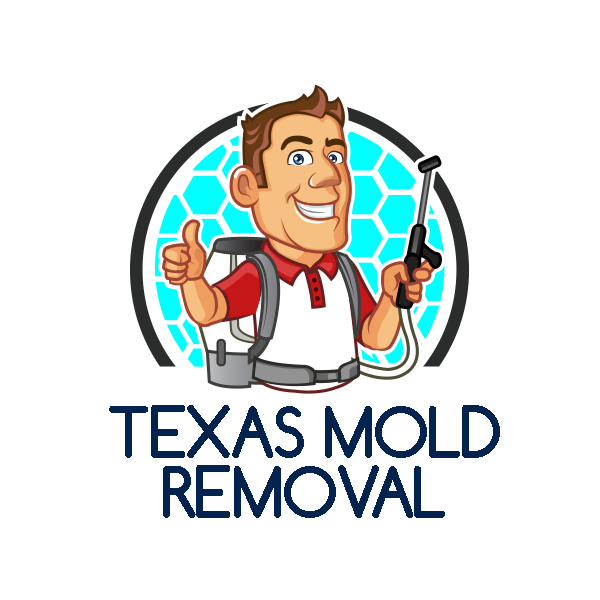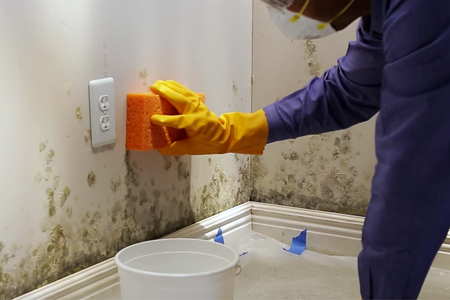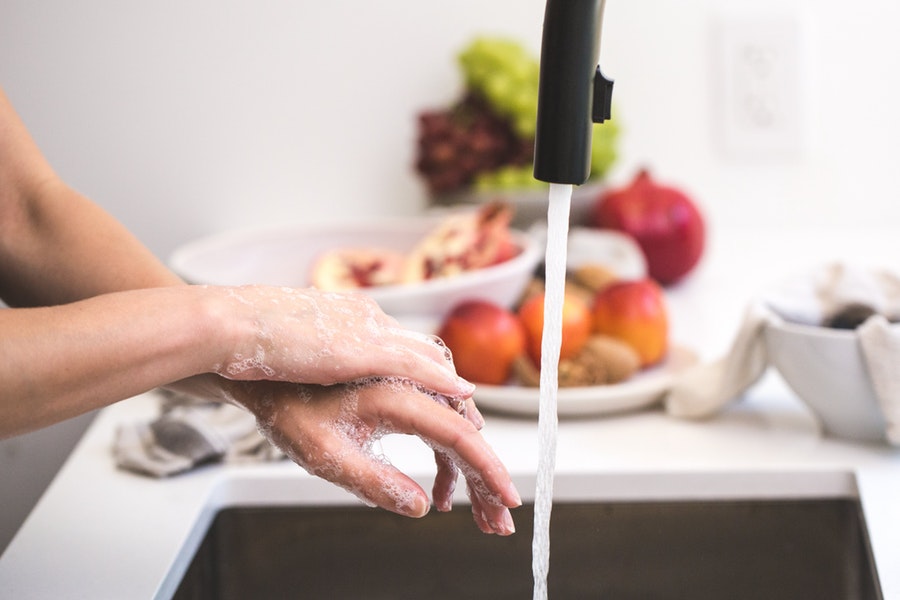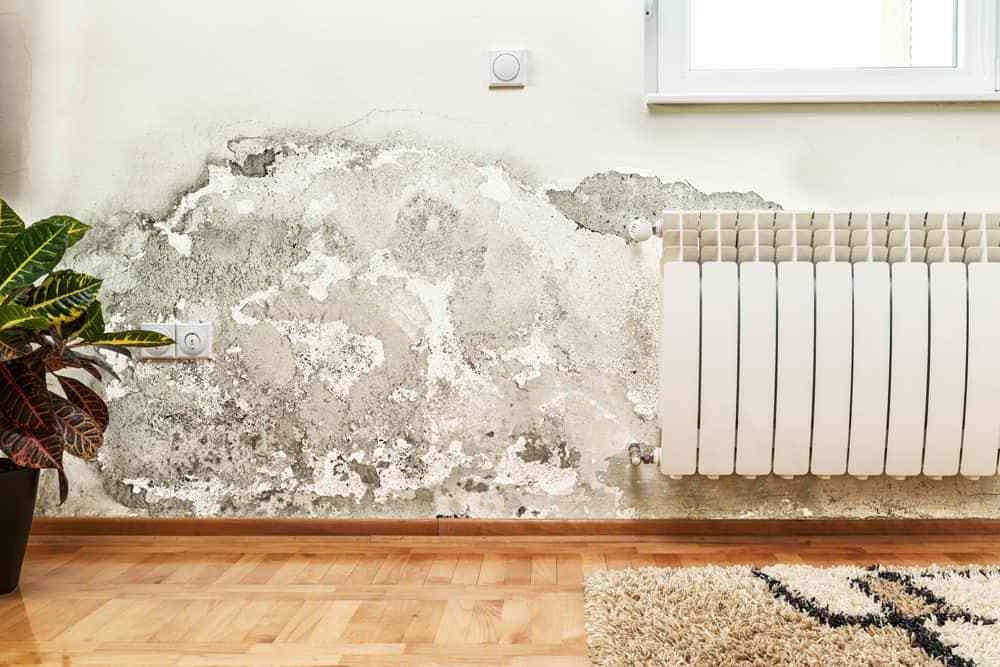Effective Home Remedies for Molds
Molds are dusty little spots often found spreading over bread, cheese, books, and other things in the home. They are found both indoors and outdoors and can enter your home through open doorways, windows, vents, and heating and air conditioning systems. Molds will grow in places with a lot of moisture, such as around leaks in roofs, windows, or pipes. They as well on paper products, cardboard, ceiling tiles, wallpapers, carpets, fabrics, drywall, upholstery and wood products. Molds come in different types and cause biodegradation of natural materials, which can be unwanted when it becomes food spoilage or damage to property. They release microscopic spores that cause allergic reactions, runny noses, and sneezing, as well as irritating and injurious odors.
Removing molds is an impossible task because you really cannot totally get rid of them. What homeowners should do is to opt for remediation. Remediation is the process of getting mold levels back to their naturally occurring levels and states. Here are some of the effective home remedies for molds.
Soap and Water
Soapy water is a great solution to treat the mold in first hand. Scrub the affected area with a strong cleansing soap and water. Soap and water are effective home remedies for molds if the growth is not too deep or too severe.
Tea Tree Oil
Tea tree oil is an effective, all-natural home remedy for molds. It has antibacterial, anti-fungal, antiviral, and antiseptic properties making it a powerful natural fungicide. It also prevents mold from recurring in that particular surface after using once. Pour 1 teaspoon of the tea tree oil and 2 cups of water in a container or spray bottle. Mix them well. Then spray or apply the solution to the affected areas and let it sit and dry out. With repeated use, this all-natural cleaner will kill the fungus and help to prevent future growth.
Chlorine Bleach
Using Chlorine bleach is an inexpensive home remedy for molds. Chlorine bleach contains hydrogen peroxide, which has strong oxidizing properties. It also contains strong bacterial properties, as well as sterilizing and disinfecting properties making it a perfect mold remedy. However, this remedy cannot be used on surfaces that may stain or react with the bleach, like metal, cloth, and wood. Simply spray chlorine bleach on the surface where the molds grow, then wipe the area with a scrubber or sponge to get rid of molds.
White Distilled Vinegar
Vinegar is naturally antimicrobial. Use white vinegar in its pure form is among the effective home remedies for molds. There will be no side effects if you treat a particular surface with vinegar because vinegar is that it does not stain the walls and the odor disappears after a few days. Simply pour the white distilled vinegar in a spray bottle then apply to areas with molds. Let it sit for a few minutes then wipe it off.
Distilled Ethanol
Ethanol kills mold and also controls mold regrowth in the mold-prone areas. Simply pour into a spray bottle. Let it sit for a few minutes then wipe off.
Hydrogen Peroxide
Hydrogen peroxide is the simplest peroxide and is used as an oxidizer, bleaching agent and antiseptic. Take a cup of water and add a teaspoon of hydrogen peroxide. This anti-fungal, anti-viral and anti-bacterial solution is one of the effective remedies for molds. It is also a good alternative to chlorine bleach because it is safe to use and does not damage the environment, nor does it leave behind toxic residue or produce toxic fumes like chlorine bleach does.
Varnish
Applying varnish to a wooden surface affected with molds is another home remedy for molds. Try scraping out the mold and then apply varnish to the area. Varnish not only removes mold but also prevents its reoccurrence.
Grapefruit Extract
Grapefruit extract is one of the effective home remedies for molds. Grapefruit extract kills mold naturally as the citric acid from the grapefruit attacks mold. It is a bit expensive than other home remedies but only a small amount is enough to get rid of molds. It is also be used as a disinfectant and deodorizer.
These home remedies are proven to be effective. But the key to stopping most mold is to prevent its growth in the first place through controlling dampness and maintaining a clean and dry home. Plumbing leaks and leaky rooves also cause mold development, so fix all the leaking point to prevent mold infestation. Make sure to stop leaks, ensure good ventilation and keep crawlspaces dry.







Leave a Reply
Want to join the discussion?Feel free to contribute!